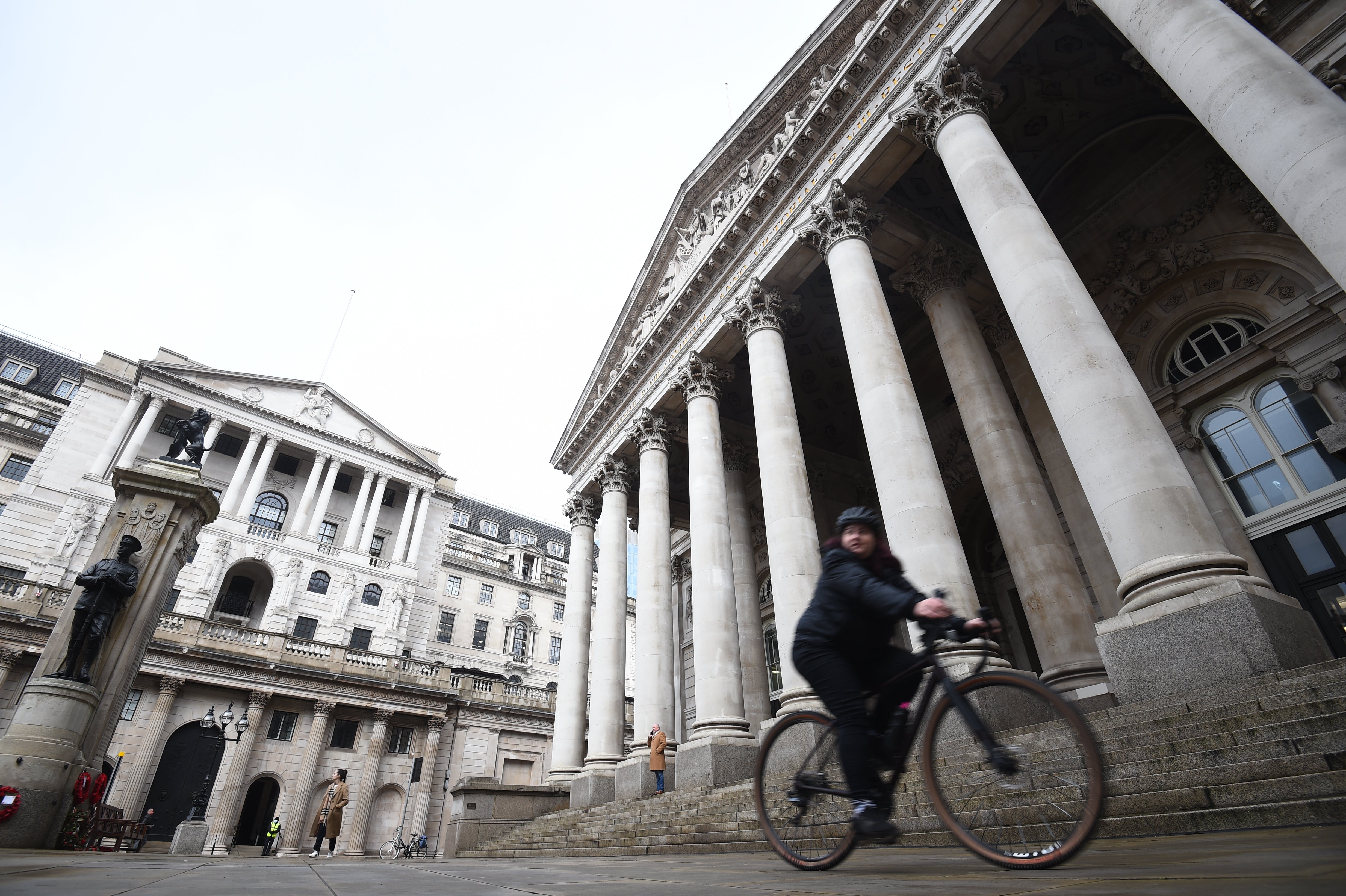With interest rates still far lower than inflation, it’s the perfect time to borrow – but it can’t last
You cannot have a situation, or at least not for very long, where interest rates are far below inflation, writes Hamish McRae. Something has got to give


If inflation is running at 3.2 per cent, how come you can get a mortgage at 0.79 per cent? And what on earth does this say about the future trends of prices and interest rates?
The first number is the consumer price index (CPI) for August, announced last week and is the largest-ever monthly increase since the CPI was introduced in 1997. If you want to be even more gloomy, the retail price index (RPI) was up 4.8 per cent. The government does not like using the RPI, but it is still the benchmark against which many contracts are set, including pay deals and index-linked gilts.
The second number is the two-year fixed mortgage rate from the Co-op Bank’s brand Platform, also announced last week. That is the lowest mortgage rate in the UK ever. You do have to pay a fee to get the mortgage, and that obviously brings up the cost. But I can’t find a record of a cheaper mortgage ever in our history.
This cannot last. You can’t have a situation, or at least not for very long, where interest rates are far below inflation. If it were to persist everyone would borrow more money and buy assets with it, knowing that the assets would rise in value. That is what has been happening in recent years and explains why house prices, even after the blip at the tapering of the stamp duty holiday, are up 8 per cent year-on-year. It is why shares in most markets worldwide are close to all-time records. And it’s also why people plunge into cryptocurrencies – anything but holding money in a bank account that offers such minimal rates on their savings.
From day to day, prices may not seem to be going up very much but over time the impact of inflation is stunning. Since 1970 the average pre-tax salary has gone up 20 times, from £1,456 a year to £29,744. But the average price of a house has risen 65 times, from £4,057 to £265,668. Other increases include that of an average car, up 32 times, and a pint of beer, 33 times. Writer Dominic Frisby has done a sample of these and other increases in MoneyWeek, and the Bank of England has a reader-reckoner for inflation overall from 1209 (yes, 1209) to the present day. In case you are wondering, £10 in 1209 is worth £20,828 now, so when we read of medieval farm-workers being paid only £10 a year, it is not quite as bad as it seems. Inflation since then has averaged 0.9 per cent a year.
So what will happen now? I can confidently predict that over the next year inflation is going to be more than 0.9 per cent, but the real question is whether the current surge will turn out to be just that – a surge – or whether it is becoming embedded. Central bankers hope for the former; the rest of us should fear the latter.
That there will be a surge is not in doubt. The Bank of England predicted last month that inflation will go to 4 per cent this autumn, whereas three months earlier they thought the peak would be 2.5 per cent. My instinct, looking at what is happening to energy and commodity prices and pay rates, is that it will be higher. But the truth is that none of us knows how high the peak will be, and while the Bank has more information than we do, its judgement is no better – as that revision of its forecast shows.
What happens after the autumn surge will depend on lots of things. One will be pay. If labour shortages persist into next year and beyond, then the present upward pressure on pay will continue. The most recent figures show total earnings were up 8.3 per cent in the year to July, but that reflects the fact that last summer pay was depressed by the pandemic. Things will not settle down for some months, but I think everyone has been surprised at the massive demand for all sorts of posts, including, but not limited to, HGV drivers.
Another thing that matters will be global prices. Just about all raw materials, bar oil, are at all-time record prices and it is hard to see them falling soon. The Bloomberg commodity spot price index is at a 10-year high. As for the price of goods in general, the various supply chain glitches seem to be getting worse rather than better. That will keep the pressure up into next year, or even beyond.
And yet another factor will be central bank policy. We will discover how worried the Bank of England is, or at least how worried it is prepared to acknowledge, this week when the monetary policy committee meets. Eventually, interest rates will have to rise, but meanwhile, mortgages at less than 1 per cent will proliferate. If you need to borrow money, grab it while it lasts.
Join our commenting forum
Join thought-provoking conversations, follow other Independent readers and see their replies
Comments
Bookmark popover
Removed from bookmarks